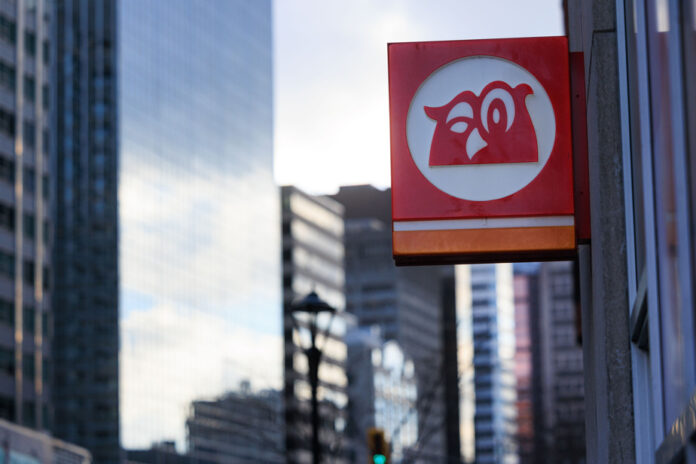Alimentation Couche-Tard announced Thursday the purchase of nearly 2,200 stores in Europe belonging to the French giant TotalEnergies, a transaction valued at 4.5 billion Canadian dollars.
Taking into account the debt that Couche-Tard will assume as part of this transaction, the value of the transaction rises to C$5.2 billion.
This is Couche-Tard’s largest transaction since the acquisitions of CST seven years ago and Statoil in 2012.
The acquisition allows the Laval convenience store chain to penetrate new markets by adding establishments in Germany, Belgium, the Netherlands and Luxembourg to its network. Approximately 1,000 car washes are part of the total assets acquired.
The transaction is complementary to Couche-Tard’s network, which spanned over 14,300 stores in 24 countries and territories prior to this transaction.
Couche-Tard boss Brian Hannasch said Thursday that the company is trying to be opportunistic and selective in Europe. The acquired stores hold a strong position in their respective markets within the four countries where Couche-Tard will enter.
“There is room for growth in the markets of these four countries, particularly in Germany which is by far the largest economy in Europe,” says Brian Hannasch.
Couche-Tard had been working on this transaction for almost two years. “So it’s not a short-term bet offered by the macroeconomic backdrop,” said Claude Tessier, Couche-Tard’s chief financial officer.
The latter nevertheless concedes that the moment to carry out the operation is perfect given the current weakness of the euro against the US dollar.
Couche-Tard pays a valuation multiple equivalent to eight times operating profit. “A very attractive price for us,” says Claude Tessier.
“The current economic environment is favorable for companies with a healthy balance sheet like Couche-Tard,” adds Brian Hannasch.
He also believes that the network of establishments acquired is well positioned to offer electric charging services.
“We will learn from the experience of TotalEnergies in this matter. Total is more vertically integrated than us and produces electricity in particular. We will combine their expertise with that which we are developing in Norway. It will certainly be necessary to continue investing in the network. »
The French giant becomes a partner who, in addition to supplying gasoline to Couche-Tard establishments, will retain a minority stake in the sites involved in the transaction, which are located in Belgium and Luxembourg.
Brian Hannasch maintains that this is a long-term partnership. “Hopefully it will evolve into something bigger in the future. We want to see how we can work together to create more value for both companies. We have growth ambitions elsewhere in the world and TotalEnergies is a global company. »
On the sidelines of the transaction, the chief executive of TotalEnergies, Patrick Pouyanné, mentions that the transformation of mobility is leading customers to change their habits at service stations. “This underlying trend requires the development of new services and new activities, especially in the shops. Service stations must become real customer service points, rather than simple fuel distribution points. »
He says that’s why the company calls on Couche-Tard’s expertise.
The transaction, which should allow the realization of synergies estimated at 120 million euros over three years, is interesting both from a strategic and financial point of view in the eyes of analyst Irene Nattel, at RBC. “The establishments purchased are of high quality,” she stresses in a note sent to her customers.
“This transaction has all the characteristics of a Couche-Tard transaction: strategically compelling, geographically complementary, attractive valuation to achieve a financially accretive transaction for shareholders. »
The announcement of the transaction coincides with the presentation of quarterly results below analysts’ expectations. Adjusted earnings per share for November, December and January were 74 cents US, while experts were expecting 79 cents US.
Analyst Chris Li, at Desjardins, maintains that the performance is explained in particular by the weak margins on fuel in Europe (exchange rate among other things) and inflationary pressures on selling and administrative expenses.





